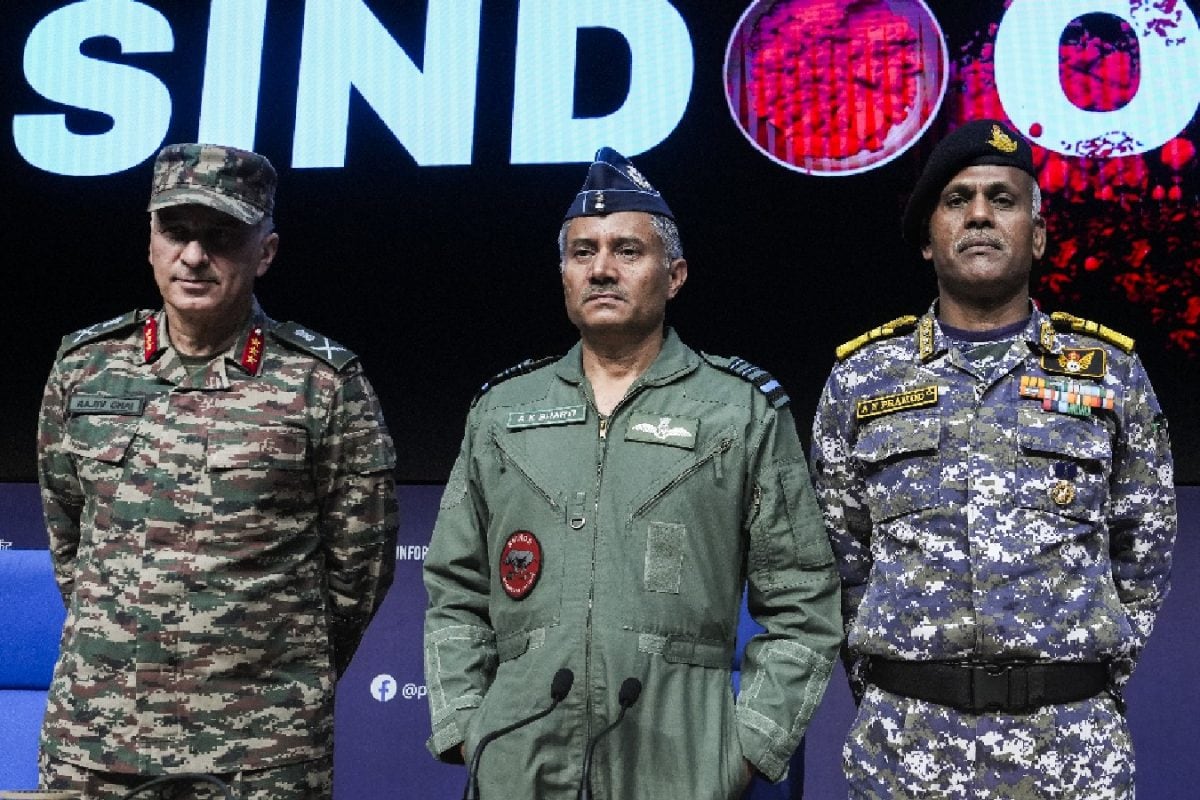

India's 'Operation Sindoor,' launched in May 2025 in retaliation for a deadly terror attack in Pahalgam, has brought to light a concerning nexus between China, Pakistan, and Turkey, exposing China's "proxy warfare" tactics. Lieutenant General Rahul R Singh, the Deputy Chief of Army Staff (Capability Development and Sustenance), revealed that China provided Pakistan with real-time intelligence and military support during the operation. This revelation underscores the complex regional security challenges facing India and highlights the need for enhanced vigilance and strategic preparedness.
Operation Sindoor was launched in response to the Pahalgam terror attack on April 22, 2025, which resulted in the deaths of 26 civilians. The attack, claimed by The Resistance Front (TRF), a proxy of the Pakistan-based Lashkar-e-Taiba (LeT), targeted innocent tourists. India responded with a coordinated precision strike operation, targeting terrorist infrastructure in Pakistan and Pakistan-occupied Jammu and Kashmir (PoJK).
During a "New Age Military Technologies" event organized by FICCI, Lt. Gen. Singh stated that China provided live inputs of Indian deployments to Pakistan during the Director General of Military Operations (DGMO) level talks. Pakistan was aware of India's primed vectors and requested India to pull them back. This real-time intelligence sharing exposed China's active involvement in supporting Pakistan against India.
Lt. Gen. Singh emphasized that India was essentially fighting three adversaries during Operation Sindoor: Pakistan, China, and Turkey. He noted that 81% of Pakistan's military hardware is Chinese-made, allowing China to test its weapons in a live environment. Turkey also played a role by providing Bayraktar drones and other unmanned aerial systems to Pakistan.
The operation involved precision strikes targeting nine sites linked to anti-India terrorist groups such as LeT, JeM and the Hizbul Mujahideen. These strikes aimed to neutralize the operational capabilities of groups responsible for cross-border terrorism on Indian soil. India deliberately avoided targeting Pakistani military installations to minimize the risk of escalation. Defense Minister Rajnath Singh stated that Operation Sindoor was an "ongoing operation" and that the strikes had killed over 100 terrorists.
Lt. Gen. Singh highlighted key lessons from Operation Sindoor. He stated that India will no longer tolerate terror strikes and will respond with punitive action if required. He also emphasized the importance of precision targeting through intelligence and the need for a robust air defense system, as Pakistan may target Indian population centers in future conflicts.
The exposure of China's "proxy warfare" tactics during Operation Sindoor has raised concerns about the growing anti-India nexus between China, Pakistan, and Turkey. This revelation underscores the need for India to strengthen its military capabilities, enhance intelligence gathering, and deepen strategic partnerships to address the evolving regional security landscape.